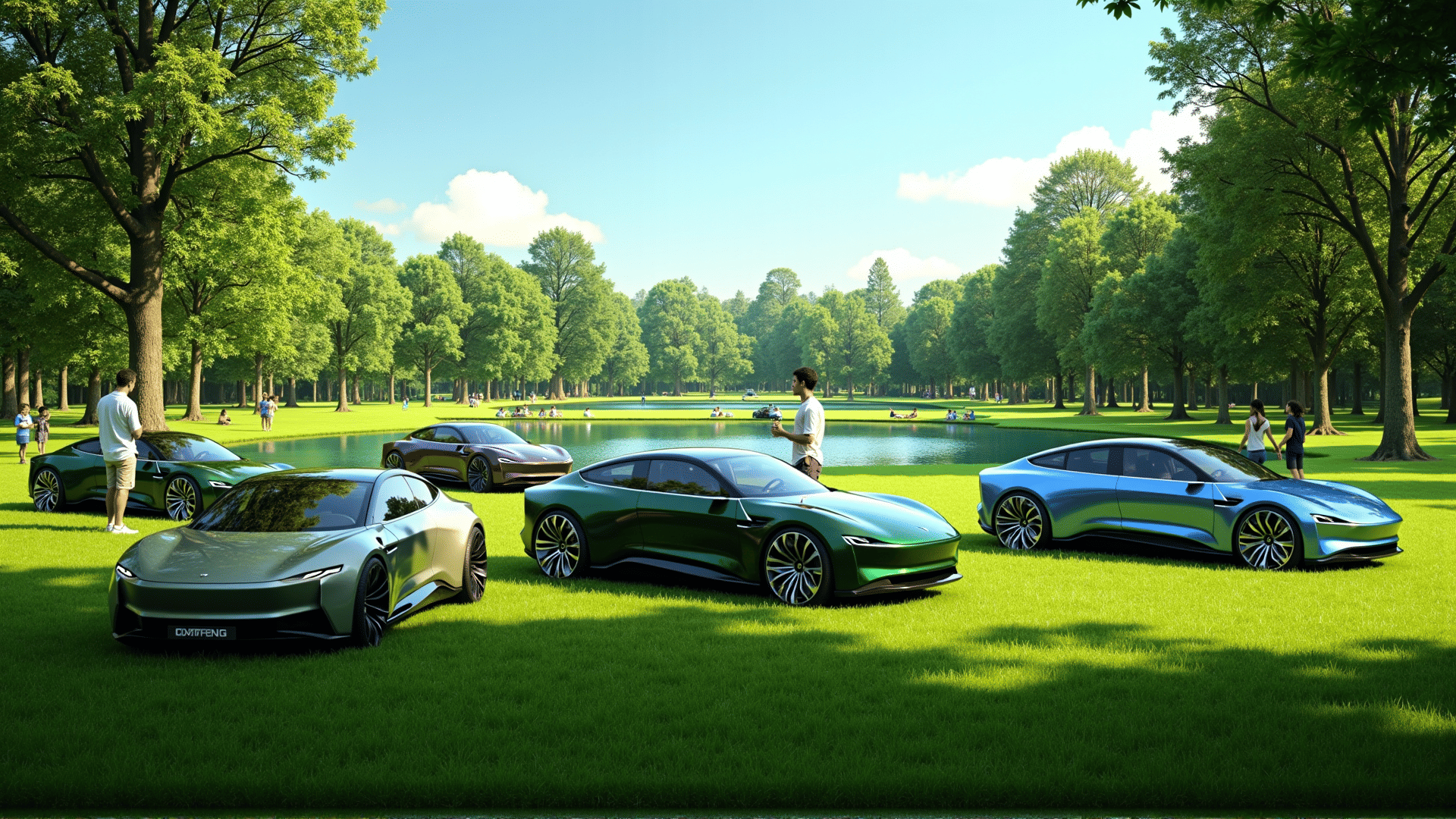French car manufacturers have long been at the forefront of automotive innovation, and as the world increasingly turns its focus to sustainable solutions, these companies are pioneering eco-friendly technologies that aim to significantly reduce emissions and enhance sustainability. By investing in research and development, French automakers are not only meeting stringent environmental regulations but also setting new standards for the global automotive industry.
One of the key technologies being developed is the integration of electric and hybrid powertrains. French companies like Renault and Peugeot have been expanding their electric vehicle (EV) offerings, providing consumers with more sustainable options that promise reduced carbon footprints. Renault’s Zoe, for instance, has become a popular choice in the European EV market, offering an impressive range and energy efficiency. Additionally, Peugeot is making strides with its hybrid models, which combine internal combustion engines with electric motors to achieve significant reductions in emissions.
Advanced battery technology is another area where French automakers are focusing their efforts. The development of more efficient and longer-lasting batteries is crucial for the widespread adoption of EVs. Companies are investing in research to improve battery chemistry, enhance charging speeds, and increase energy density. By doing so, they aim to address the range anxiety concerns that often deter potential EV buyers.
Lightweight materials are also playing a pivotal role in improving vehicle efficiency. French manufacturers are exploring the use of materials such as aluminum, carbon fiber, and high-strength steel to reduce vehicle weight without compromising safety. Lighter vehicles require less energy to operate, thus enhancing fuel efficiency and reducing emissions—a vital step towards achieving environmental goals.
Furthermore, the use of sustainable and recyclable materials in vehicle production is gaining traction. Manufacturers are increasingly incorporating eco-friendly materials into their designs, from upholstery fabrics made from recycled plastics to sustainably harvested wood accents. This approach not only reduces the environmental impact of manufacturing but also aligns with the growing consumer demand for sustainable products.
In addition to hardware improvements, French automakers are investing in smart technologies and connected vehicles to optimize energy use. By employing sophisticated vehicle-to-infrastructure (V2I) and vehicle-to-everything (V2X) communication systems, cars can communicate with traffic lights, other vehicles, and road sensors to improve traffic flow and reduce unnecessary fuel consumption and emissions.
Hydrogen fuel cell technology is another promising area being explored by some French manufacturers. Hydrogen-powered vehicles have the potential to offer the range and refueling speed of traditional gasoline vehicles, with the added benefit of zero tailpipe emissions. While still in the early stages of development compared to battery-electric vehicles, hydrogen fuel cells represent a potential solution for long-range travel and heavy-duty transportation sectors.
Beyond the vehicles themselves, French automakers are also focusing on sustainable manufacturing processes. Efforts include reducing energy consumption and emissions at production facilities, as well as implementing circular economy principles that involve recycling and repurposing materials to minimize waste.
In conclusion, French car manufacturers are leading the charge towards a more sustainable future in the automotive industry. Through advancements in electric and hybrid powertrains, battery technology, lightweight materials, and smart vehicle systems, these companies are making significant strides in reducing emissions and enhancing the sustainability of their vehicles. As these technologies continue to evolve, they promise to play a crucial role in shaping a cleaner, greener future for transportation.
